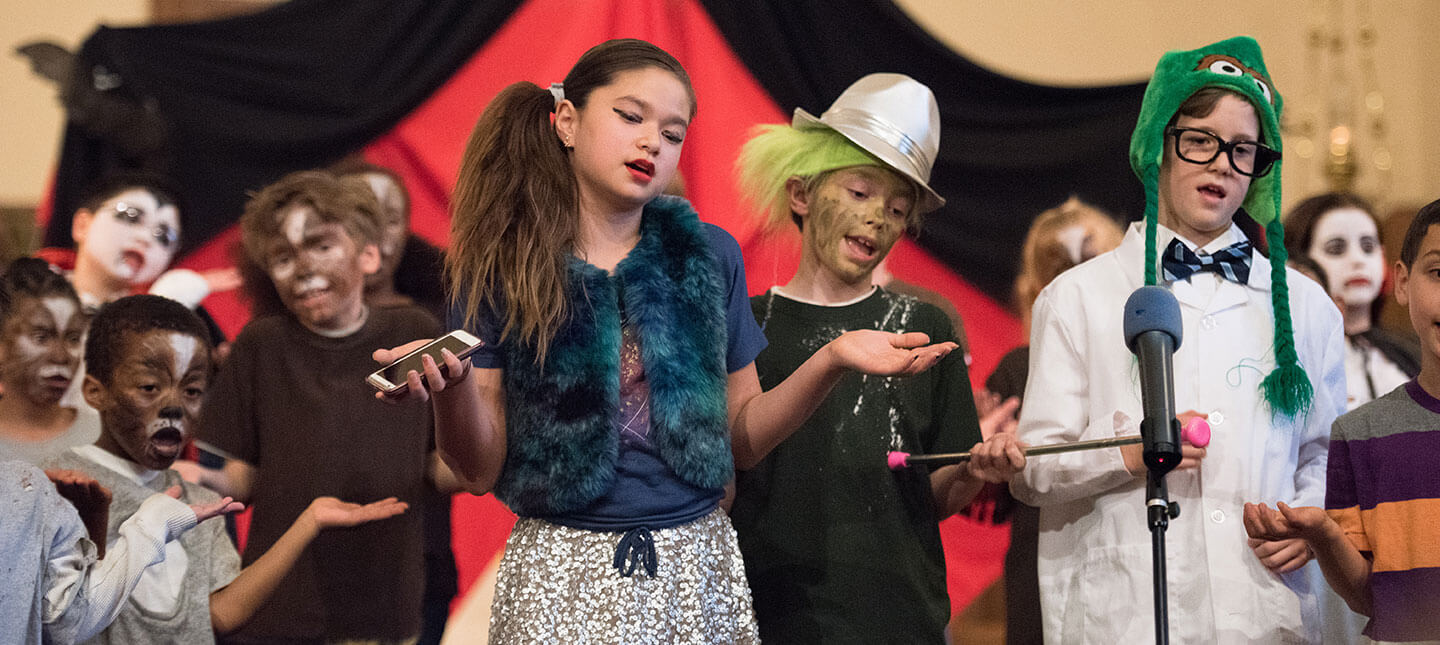Our Signature Programs
Home > Our Signature Programs

At Christ Episcopal School, we seek to develop well-rounded, confident students who welcome new challenges.
To enrich our strong academic program, we offer the following enhancements to our students in order to broaden their exposure to multiple disciplines and ideas. At Christ Episcopal School, we seek to develop well-rounded, confident students who welcome new challenges. We add these kinds of specialties to round out our curriculum and to provide the opportunity to dive deeper into specialized topics.
Ballroom Dance at CES
Questions? Contact Us


